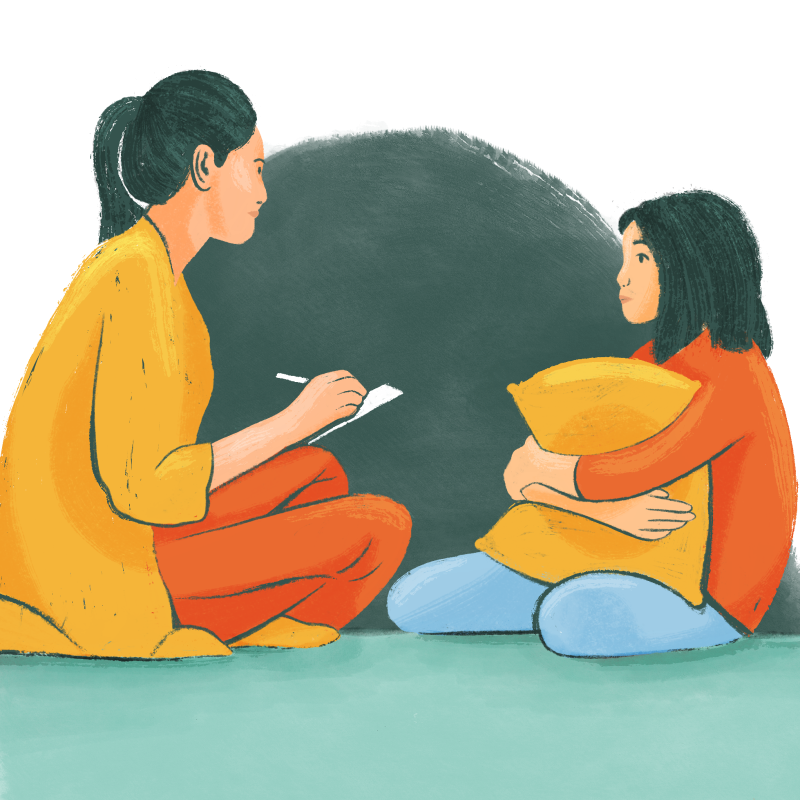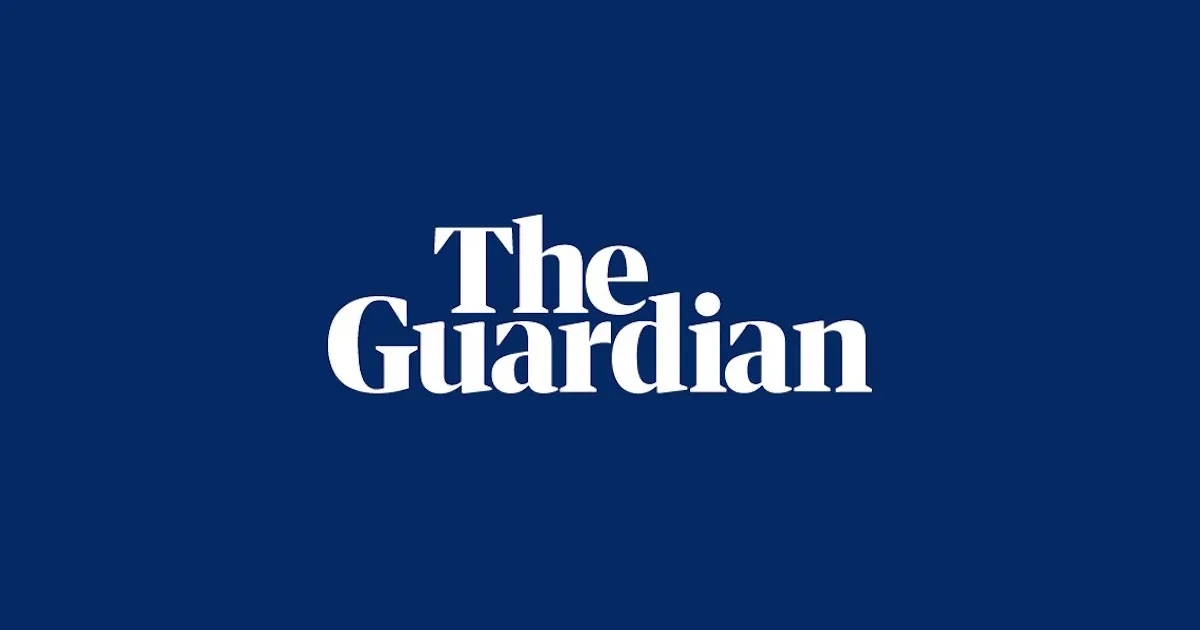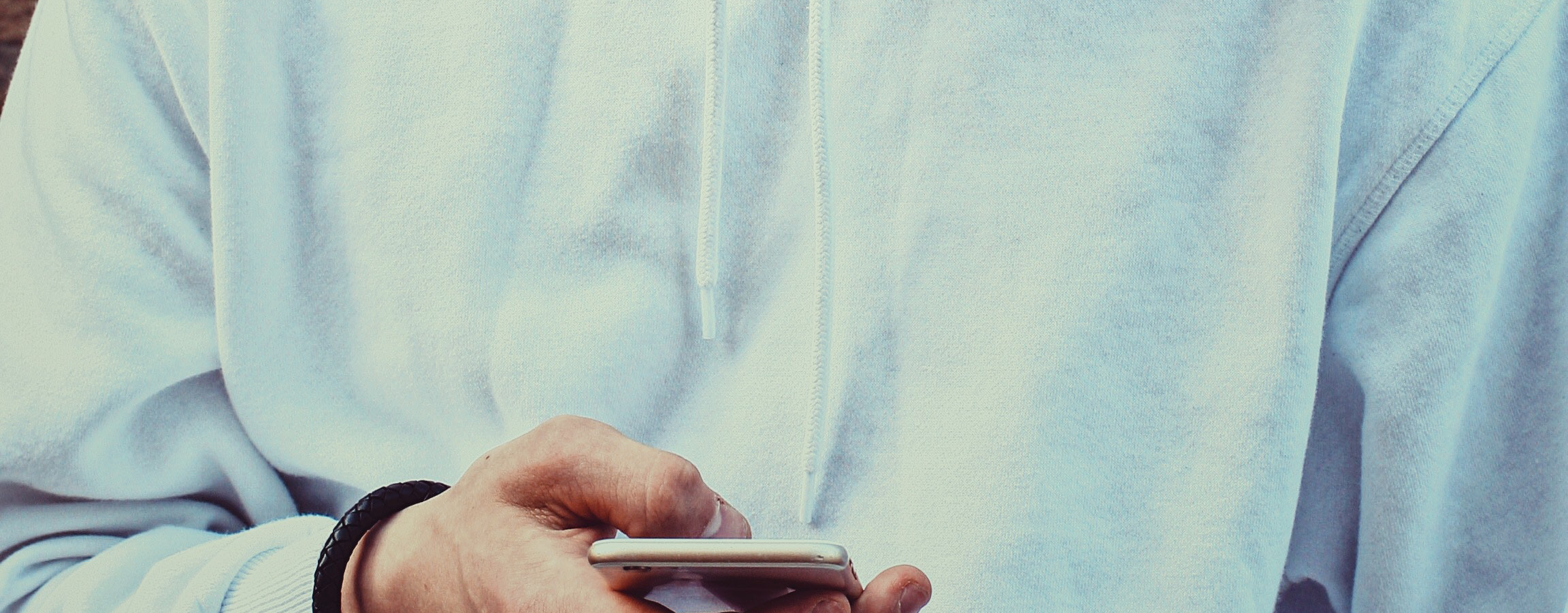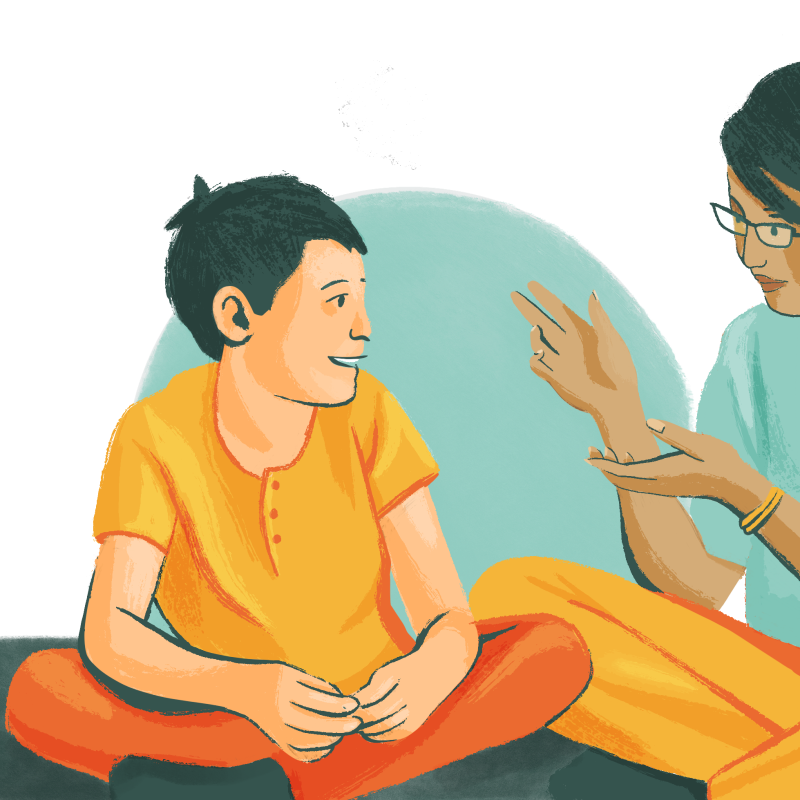
Young People's Programme
Supporting young people to end unhealthy behaviours in their relationships.

Child / Adolescent to Parent Violence and Abuse : the parents who live in fear of their offspring
Dolly certainly doesn’t think of her 15-year-old son Jack as abusive. Instead she describes him as outgoing, charismatic, cheeky, struggling with big emotions. Jack’s dad has never been around, but he has grown up surrounded by a tight-knit, affectionate family that many would envy. He loves motorbikes and keeps busy with extracurricular clubs; he has no special educational needs. “From the outside, Jack’s got a great life,” says Dolly. “He doesn’t want for anything.” But around the start of the pandemic, Jack began lashing out at Dolly. “He’s never punched me. There have only been a couple of occasions where I really felt like he was going to hit me,” she says. “But he’s kicked me and been very violent around me – hitting or kicking or punching the windows or the doors, screaming.”
Jack is much taller than Dolly now, and can “be really scary”, she says.
“I think he knows he can intimidate me.”
Predictably, some relatives have suggested that she simply needs to be tougher. “My dad said: ‘If he hits you, you hit him right back.’” But Dolly didn’t want to hurt her son – she wanted to understand him.
Recently Dolly and Jack came to the end of Respect’s Young People’s Programme, a three-month intervention for families where children or young people are being abusive or violent towards their parents or carers. Families participate in sessions designed to help them identify negative behaviour patterns and work together to improve their situation. Evidence so far suggests this approach can make a meaningful difference: one evaluation in Cambridge found the programme reduced violence and abusive behaviour for all parents and carers who took part, while a recent pilot in Norfolk reported that 100% of children said the programme helped to improve their relationship with their parent or caregiver.
Dolly was particularly moved by sessions in which she and Jack recorded voice notes for each other, guided by a trained practitioner from the relationships charity Talk Listen Change. “Jack said some things he’d never told me before about his feelings about his dad. I said his behaviour does scare me sometimes,” she says. “He was shocked by that.” While Jack has not stopped being aggressive to Dolly entirely, she feels that they both have new tools to communicate their emotions and needs. “
It’s helped because it’s not a parenting course aimed at me...It’s about him.”Jack's Mum, Dolly
Capa First Response’s approach, which draws on neuroscience and attachment theory, is designed to help whole families develop strategies for communicating emotions. It has also seen positive results: 96% of parents who have worked with the organisation reported feeling more confident about working with their child to change their behaviour, while 83% said they felt better able to seek support from others. Inevitably, resources are limited. Most families have to wait years to get this kind of help. Long-term funding is desperately needed for specialist support, especially for families with neurodivergent children. More training is needed for professionals in social care, education, health and the police. In the meantime, says Justine Dodds, of Respect, compassionate, honest conversations about child-to-parent abuse will help to bring the issue out of the shadows so that families don’t have to suffer in silence.
“We cannot solve a problem that cannot be discussed.”
Names and some details have been changed to protect privacy.
Credit to The Guardian for the original article.

If you are worried about your child's behaviour, please enquire about our Young People's Programme.

Supporting young people to end unhealthy behaviours in their relationships.

Gemma shares her story, after experiencing violent behaviour from her daughter.

For children who have witnessed domestic abuse.